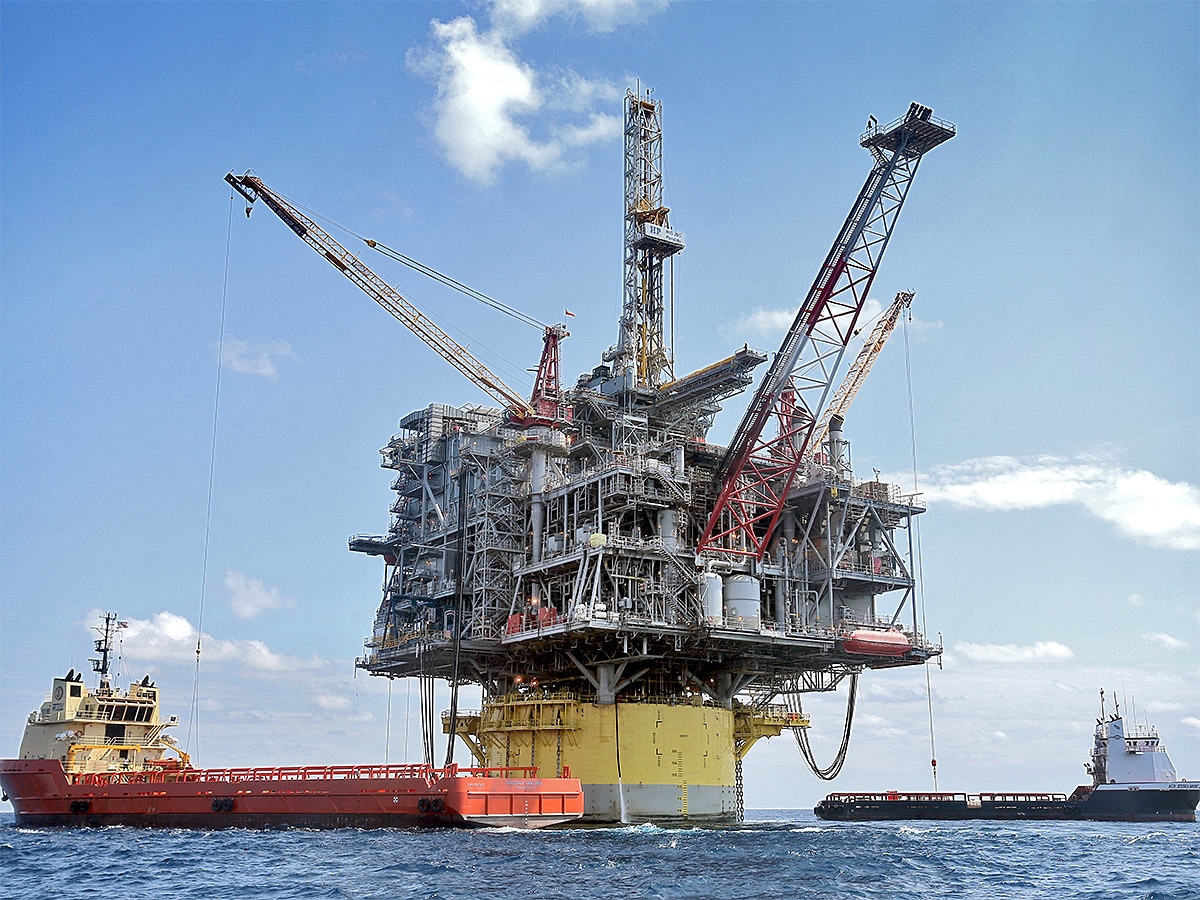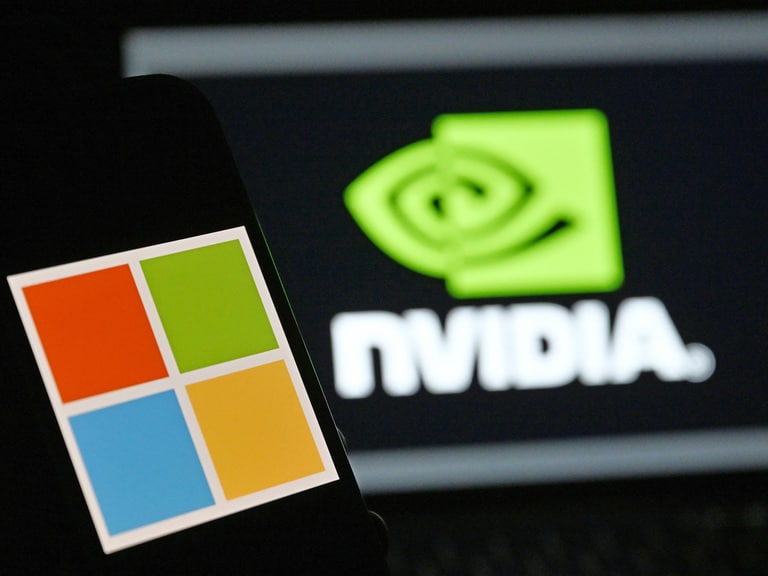Royal Dutch Shell’s [RDSA] share price has tanked 47.46% this year as the coronavirus impacts both demand for and delivery of its products (as of 11 November’s close). While the outbreak has dominated recent headlines, Shell’s share price has suffered from substantial changes in the energy sector. Shell has promised to reduce its greenhouse emissions to net zero by 2050 or sooner — an ambitious target considering it is one of the world’s leading energy companies. The firm is also focused on reducing its debt pile to become more efficient and deliver better returns for investors. We look at what this means for Shell’s share price, and whether there is long-term value in the oil major.
Growing demand in the developing world
The world is definitely moving towards greener energy, but Shell’s share price may be bolstered by the fact fossil fuel is likely to be in demand for the foreseeable future. According to BP's 2019 Energy Outlook, demand for all fuel is likely to increase in China by 2040, including oil (+19%) and gas (+166%), renewables (+553%), nuclear (+405%) and hydro (+31%).
Liquid Natural Gas (LNG) demand shows fossil fuels will be in use for some time to come. According to Shell, 2019 saw LNG demand increase 12.5%. By 2040, that demand is likely to double to 700 million tons, with much of this demand coming from developing countries. As such, Shell’s share price may have a substantial upside to come. Last year, China's LNG imports grew 14%, and Bangladesh, India and Pakistan’s imports grew 19%. While burning gas is considered a lower emission way to generate energy, LNG is still a fossil fuel.
Shell has doubled-down on China’s gas needs by taking control of a gas station joint venture in China. The oil major agreed to buy a further stake in the Chongqing Doyen Shell Petroleum & Chemical Co, paying CNY1bn for a 51% stake. Bloomberg reports that the joint venture saw a net income of CNY155m in 2017, and held 41 gas stations as of 2014.
This marks the exit of Chongqing Doyen Shuorun Petrochemical Group Ltd from the gas chain it started in 2006. For Shell, it's a big investment in the fuel market in the world's second-biggest economy.
Strong Q3 results bolstering Shell’s share price?
Shell’s share price could be supported by its most recent earnings report, which shows there’s plenty of strength left in the energy giant. Adjusted earnings came in at $955m for the third quarter, beating expectations across the board. Net debt decreased by $4.4bn to $73.5bn, helped by higher free cash flow, including a working capital inflow.
Shell’s share price also benefitted from a circa 4% rise in its dividend to $0.1665 for the third quarter, and said it would increase it by this amount going forward, which has not gone unnoticed by Wall Street.
Cowen's Jason Gableman and George Kuhle upped their target on Shell’s share price to $31, along with an upgrade from Market Perform to Outperform. The analysts cited Shell’s plans to cut net debt to $65bn and distribute 20% to 30% of cash flow back to shareholders once it hit this target. Morgan Stanley also upgraded Shell from Equal Weight to Overweight for the same reason. According to analysts at Morgan Stanley, Shell now offers a 9.4% annual return for investors.
“This raises three questions: Is 4% annual dividend growth credible? Does 9.4% beat Shell’s cost of capital? And finally, can Shell’s dividend yield compress to front-load some [of] these future returns?” Morgan Stanley said in a statement. According to Barron’s, the answer is ‘yes’ to all three.
Among the analysts tracking the stock on Yahoo Finance, Shell has an average $40.20 price target. Hitting this would see a 28.07% upside on the Shell’s share price as of 11 November’s close.
| Market cap | $118.82bn |
| EPS (TTM) | -4.29 |
| Operating margin (TTM) | 2.87% |
| Quarterly revenue growth (YoY) | -49.20% |
Shell's share price vitals, Yahoo Finance, 12 November
Disclaimer Past performance is not a reliable indicator of future results.
CMC Markets is an execution-only service provider. The material (whether or not it states any opinions) is for general information purposes only, and does not take into account your personal circumstances or objectives. Nothing in this material is (or should be considered to be) financial, investment or other advice on which reliance should be placed. No opinion given in the material constitutes a recommendation by CMC Markets or the author that any particular investment, security, transaction or investment strategy is suitable for any specific person.
The material has not been prepared in accordance with legal requirements designed to promote the independence of investment research. Although we are not specifically prevented from dealing before providing this material, we do not seek to take advantage of the material prior to its dissemination.
CMC Markets does not endorse or offer opinion on the trading strategies used by the author. Their trading strategies do not guarantee any return and CMC Markets shall not be held responsible for any loss that you may incur, either directly or indirectly, arising from any investment based on any information contained herein.
*Tax treatment depends on individual circumstances and can change or may differ in a jurisdiction other than the UK.
Continue reading for FREE
- Includes free newsletter updates, unsubscribe anytime. Privacy policy





